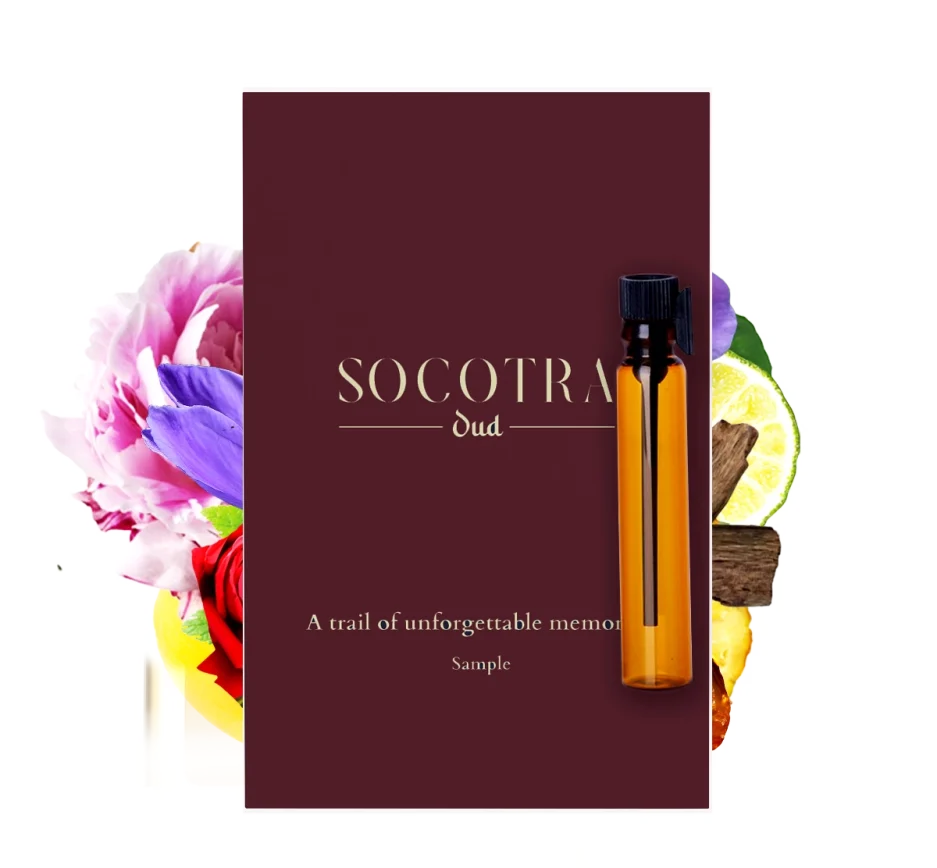In recent years, the global shift towards sustainability has influenced various industries, including the world of perfumery. As consumers become more conscious of their environmental impact, the demand for eco-friendly products continues to rise. This shift is particularly noticeable in the domain of fragrance, where Arabian perfume oils have gained immense popularity. This blog explores the eco-friendly side of Arabian oils, shedding light on sustainable practices within the industry.
II. Understanding Arabian Perfume Oils
Arabian perfume oils, also known as attar or ittar, have a rich history dating back centuries. Originating from the Middle East, these oils are crafted through meticulous distillation methods, often involving natural ingredients like flowers, herbs, and spices. The unique production process contributes to the distinctiveness and allure of Arabian oils, making them a coveted choice among fragrance enthusiasts.
III. The Environmental Impact of Traditional Perfumery
While the allure of traditional perfumery is undeniable, it comes with environmental challenges. Common practices such as overharvesting of raw materials, synthetic ingredient use, and excessive packaging contribute to pollution and resource depletion. As consumers become more environmentally conscious, the perfume industry faces the imperative to adopt sustainable alternatives.
IV. Sustainability in Arabian Perfume Oils
Thankfully, within the world of Arabian perfume oils, there is a growing movement towards sustainability. Many producers are embracing eco-friendly practices in both harvesting and production. From ethical sourcing of raw materials to eco-conscious packaging, these initiatives aim to minimize the industry’s environmental footprint while maintaining the quality and cultural significance of Arabian oils.
V. Benefits of Choosing Sustainable Arabian Perfume Oils
Opting for sustainable Arabian perfume oils not only benefits the environment but also the health of consumers. By avoiding harmful chemicals and synthetic additives, these eco-friendly options provide a natural and safer alternative. Supporting brands committed to sustainability also aligns with ethical and socially responsible choices, contributing to a positive impact on a global scale.
VI. Challenges and Solutions
Despite the positive momentum, the industry faces challenges in fully embracing sustainability. Issues like the scarcity of certain natural ingredients and the cost implications of eco-friendly practices can hinder progress. However, ongoing research, technological innovations, and consumer awareness are driving solutions, fostering a more sustainable future for Arabian perfume oils.
VII. How to Identify Sustainable Arabian Perfume Oils
Empowering consumers to make informed choices is crucial. This section offers practical tips on identifying sustainable options, including recognizing certifications and labels that signify eco-friendly practices. Transparency in product labeling is emphasized, enabling consumers to make conscious decisions and support brands committed to sustainability.
Takeaway
The eco-friendly side of Arabian perfume oils offers a promising path for both the industry and consumers. By embracing sustainability, we not only preserve the cultural heritage of these exquisite fragrances but also contribute to a healthier planet. The choices we make as consumers play a pivotal role in shaping the future of perfumery and influencing positive change on a global scale.



